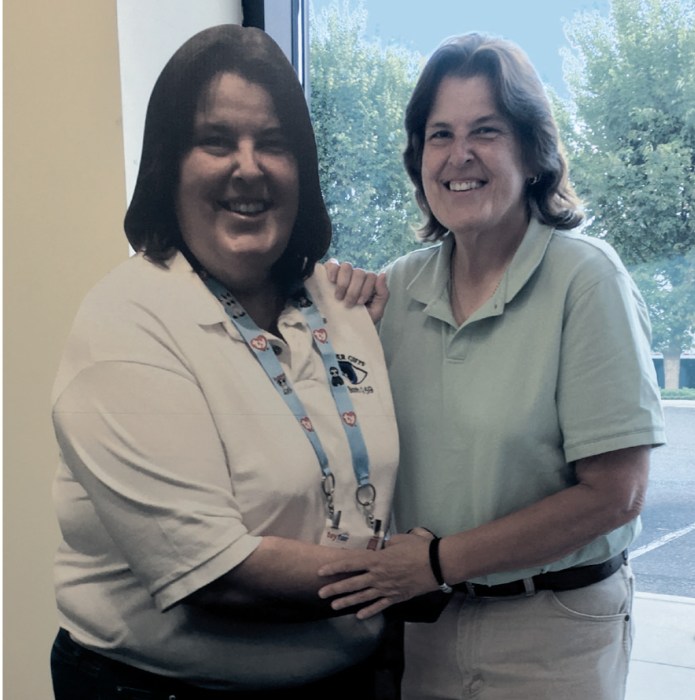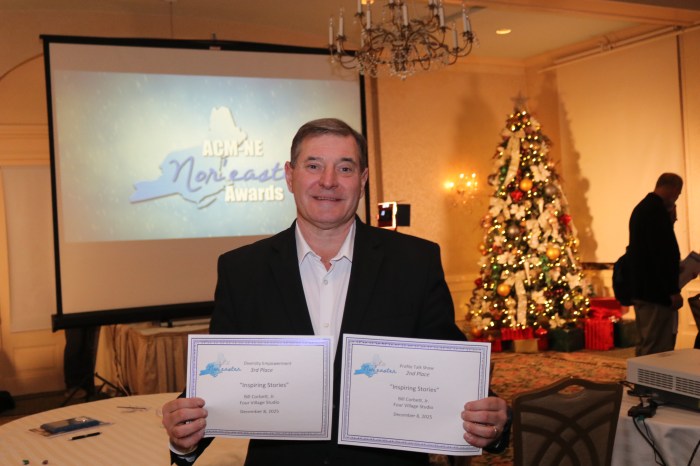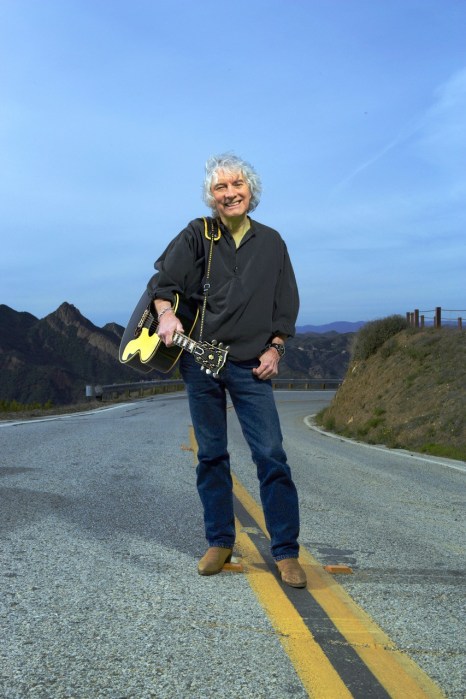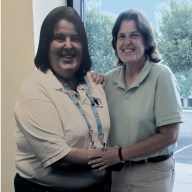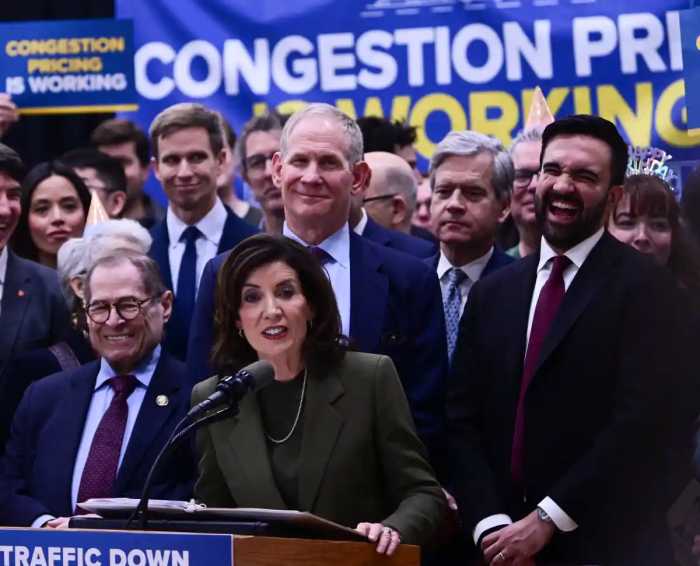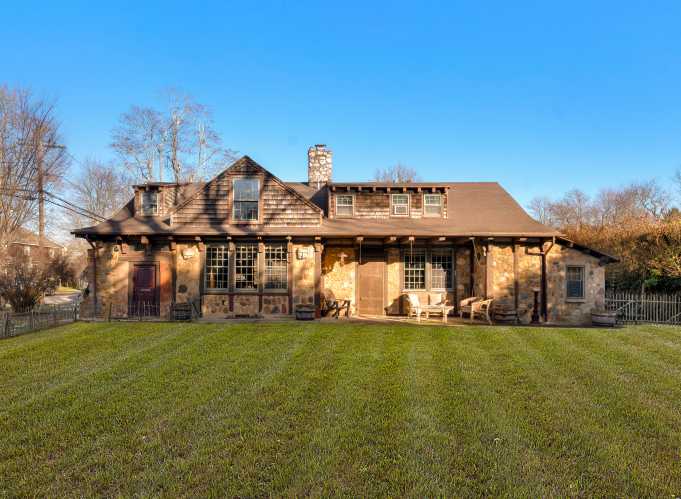Bob Palladino still remembers walking into NBC for the first time in 1980, a young communications graduate from Adelphi University hoping to carve out a future in the entertainment world. Forty-five years later—after four decades shaping the sound of one of America’s most iconic live broadcasts—the Emmy-winning audio engineer is finally turning down the volume.
Palladino, a 1977 Adelphi alumnus, recently announced his retirement from “Saturday Night Live,” where he spent 40 seasons as the show’s lead sound mixer. His last episode on May 17 featured Scarlett Johansson as the host and Bad Bunny as the musical guest.—a fittingly high-energy finale to a career defined by live-TV adrenaline.
“When you know in your heart it’s time to move on, then it’s time to move on,” Palladino said. “After 40 seasons, I felt that enough was kind of enough. The time was right.”
From Adelphi Classrooms to NBC Control Rooms
Palladino arrived at Adelphi with dreams of becoming a film editor, but he was quickly drawn into sound.
“I majored in communications and I wanted to be a film major,” he said. “I almost never did audio in television—I was doing camera, I stage-managed—but I was a musician, so I was always interested in sound.”
That early passion translated into hours of experimenting with a four-track tape machine at home and eventually led to a job at a recording studio, where he worked on compositions he’d written for a production music library.
“I learned a lot about mixing and a lot about miking techniques from there,” he said. “Some of the groundwork was definitely from Adelphi.”
After joining NBC in 1980, he cycled through roles in news and talk programming, mixing audio for “The Tomorrow Show with Tom Snyder” and later “NBC Nightly News.” His work routinely brought him across the country, covering political campaigns and breaking stories.
A Historic Shift at ‘SNL’
When “SNL” sought a dedicated music mixer in the mid-1980s—a role that didn’t yet exist in broadcast television—Palladino’s background made him the right fit.
“They were looking for a music mixer and Lorne [Michaels] brought in a technical consultant who wanted a separate room for mixing music, which nobody had done at the time,” he said. “I got the music mixing job because of my experience with the ‘Tomorrow Show.’”
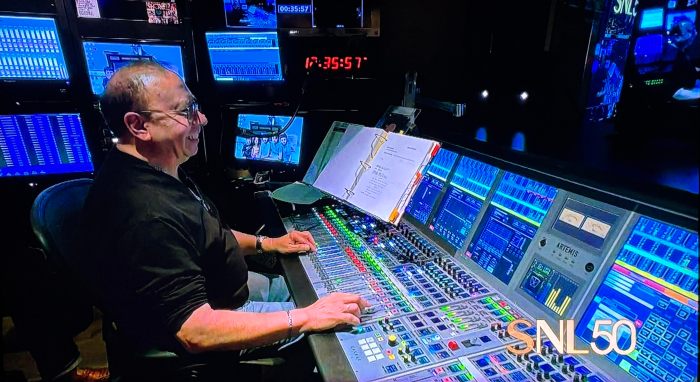
A year later, he moved into production mixing, where he remained for nearly four decades. In that role, Palladino served as the final stop before the broadcast, balancing lavalier microphones, boom mics and audience audio.
“My responsibility was to balance those sources in production,” he said. “What you heard on the air was my mix.”
Camaraderie Behind the Chaos
For Palladino, the technical challenge was only part of what made the job special. The tight-knit audio crew—many of whom stayed with him for decades—kept the late-night pace manageable.
“I was very blessed,” he said. “It was a very, very tight-knit crew. Everybody works well together. Some of the people I was with had been with me for like 25, 30 years, so we had an opportunity to really become close.”
The team’s work earned repeated recognition, including an Emmy Award for Outstanding Sound Mixing for the “SNL 50th Anniversary Special.” Palladino also won an Emmy for the show’s 40th anniversary broadcast.
“I didn’t really expect to get nominated, let alone win,” he said. “The competition was kind of stiff and we were very fortunate. I was very grateful to the academy.”
Life After Live TV
Retirement hasn’t slowed him down. Palladino—who still lives on Long Island in Oakdale—continues to play guitar, compose music and record in his home studio. He’s also exploring voice-over work and honing his video-editing skills.
“I play music predominantly,” he said. “I’ve been exploring doing some voiceover work… and doing some composition and recording for myself and for friends.”
Palladino occasionally appears at open mics or sits in with friends’ bands. Still, most of his creative output now lives online, where he shares original compositions and music videos he shoots and edits himself.
Even with new projects ahead, he says it’s hard to overstate what “SNL” meant to him.
“It was really a well-oiled machine,” he said. “After all those years, I was very fortunate to be part of it.”
And now, after 40 seasons behind the console, Palladino is finally able to hear something that rarely existed on Saturday nights: silence.





